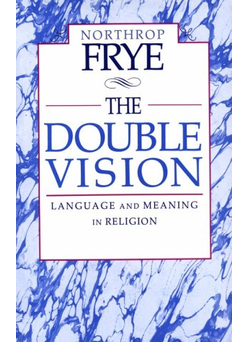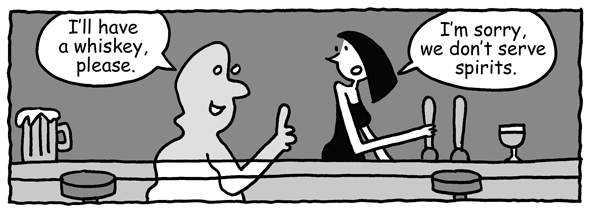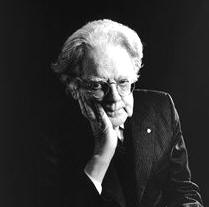httpv://www.youtube.com/watch?v=xMqjXUjhKhM
Frye’s final posthumously-published work, The Double Vision, is remarkably perceptive on the rise of religious fundamentalism and its potential dangers. A decade ago the overwhelming concern on the American scene was Islamic fundamentalism, or “Islamism,” as it came to be known. In remarkably short order (thanks to the presence of George W. Bush in the White House, setting a standard for incompetence, intellectual dullness, and a Christian agenda in purely secular matters of governance), we have seen the rise of a toxic Christianism in American politics represented by at least two current Republican candidates for the presidency, Rick Perry of Texas, who as governor oversaw the execution of a man who was probably innocent to make some kind of point, and Michelle Bachmann, who, like Sarah Palin, is a serial liar and demagogic provocateur. Perry and Bachmann appear to be not just Christianists but “Dominionists” who believe that American government should function exclusively according to “Biblical” principles — a manifestation of what Frye in The Double Vision and elsewhere calls “pseudo-literalism.” Here he is calling our current events in the air:
I am, of course, isolating only one element in Christianity, but cruelty, terror, intolerance, and hatred within any religion always mean that God has been replaced by the devil, and such things are always accompanied by a false kind of literalism. At present some other religions, notably Islam, are even less assuring than our own. As Marxist and American imperialisms decline, the Muslim world is emerging as the chief threat to world peace, and the spark-plug of its intransigence, so to speak, is its fundamentalism or false literalism of belief. The same principle of demonic perversion applies here: when Khomeini gave the order to have Salman Rushdie murdered, he was turning the whole of the Koran into Satanic verses. In our own culture, Margaret Atwood’s The Handmaid’s Tale depicts a future New England in which a reactionary religious movement has brought back the hysteria, bigotry, and sexual sadism of seventeenth-century Puritanism. Such a development may seem unlikely just now, but the potential is still there. (CW 4, 177-8)
That potential twenty years after Frye characterized it is now much closer to being an actuality. In the Republican Party, it is already a prevailing element in its political ideology — if it can even still be called that. This kind of noxious belief is dangerous because it becomes more difficult to curb the more it spreads. When we see how far it has advanced in just a few years, it is cause for concern. Even Canada’s prime minister has links to American-style fundamentalism that divides the world not into voters with different political views but into sheep and goats. This is why religion has no place in politics. It breeds not just intolerance but contempt for whole segments of the population by public servants who are supposed to serve the whole of society and not just the portions of it they have decided in advance are “saved.”
UPDATE: More on false literalism here; on Rick Perry here; on Michelle Bachmann’s insistence on repeating lies even when they’ve been exposed as lies here.





